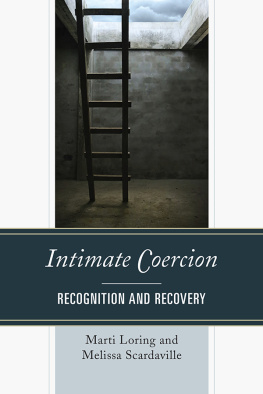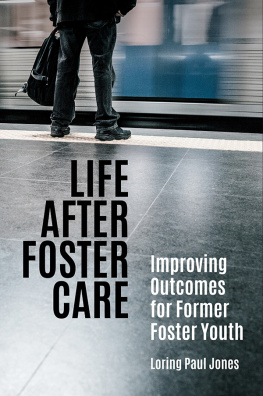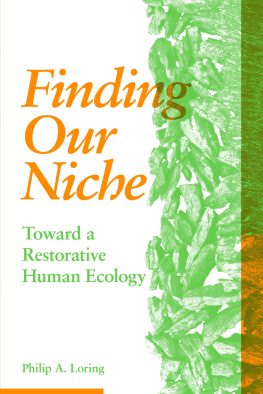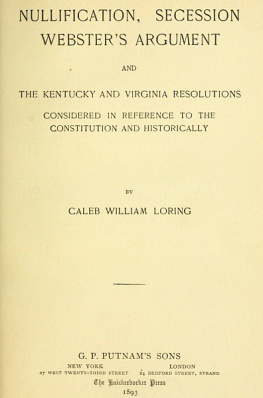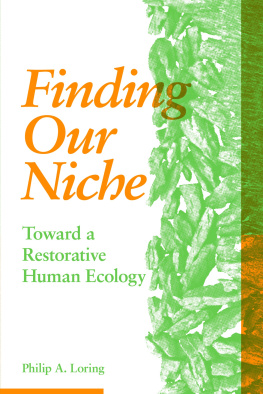
Gleaned from the actual documents of Lt. Benjamin Loring, I Held Lincoln tells the story of a Union sailors remarkable odyssey as he twice escapes from a Confederate prison, only to later find himself a player at Fords Theater at one of the most crucial events in American history. Richard Quest brings to life this extraordinary, fast-paced, and recently discovered story. I Held Lincoln could be The Conspirators prequel.
Webster Stone, producer of The Conspirator
A compelling account of capture, imprisonment, escape, ordeal, and survival, I Held Lincoln reads like quality fiction. The reader follows with intense interest the efforts of Union Navy lieutenant Benjamin W. Loring to gain freedom from a Texas prison camp despite an array of daunting obstacles. Richard Quests ability to maintain the inherent drama and suspense of the story makes this book hard to put down.
Edward G. Longacre, author of The Sharpshooters: A History of the Ninth New Jersey Volunteer Infantry in the Civil War
Lt. Benjamin Loring was a naval combat veteran and POW who twice escaped his Confederate captors, enduring enormous hardships as he struggled to return to duty. Ironically, rather than being hailed as a hero, he found himself under attack for having surrendered his ship. Richard Quests book will finally correct the historical record, something Loring was not able to fully accomplish during his lifetime.
Thomas R. Turner, professor of history emeritus at Bridgewater State University and editor of the journal Lincoln Herald
I Held Lincoln
I Held Lincoln
A Union Sailors Journey Home
Richard E. Quest
Potomac Books
An imprint of the University of Nebraska Press
2018 by the Board of Regents of the University of Nebraska
Cover designed by University of Nebraska Press; cover image is from the interior.
All rights reserved. Potomac Books is an imprint of the University of Nebraska Press.
Unless otherwise indicated, the illustrations in the gallery are used courtesy of Mr. and Mrs. John Loring Hamm.
Library of Congress Cataloging-in-Publication Data
Names: Quest, Richard E., author.
Title: I held Lincoln: a union sailors journey home / Richard E. Quest.
Description: Lincoln: Potomac Books, an imprint of the University of Nebraska Press, 2018.
Identifiers: LCCN 2017044998
ISBN 9781612349497 (cloth: alk. paper)
ISBN 9781640120549 (epub)
ISBN 9781640120556 (mobi)
ISBN 9781640120563 (pdf)
Subjects: LCSH : Loring, Benjamin, 18241902. | United StatesHistoryCivil War, 18611865Prisoners and prisons. | Prisoners of warUnited StatesBiography. | Prisoners of warConfederate States of AmericaBiography. | Escaped prisoners of warUnited StatesBiography. | Ship captainsUnited StatesBiography. | United States. NavyOfficersBiography. | LouisianaHistoryCivil War, 18611865Campaigns. | Calcasieu River (La.)History, Military19th century. | Lincoln, Abraham, 18091865Assassination.
Classification: LCC E 611 . Q 47 2018 | DDC 973.7/7092 [B]dc23 LC record available at https://lccn.loc.gov/2017044998
The publisher does not have any control over and does not assume any responsibility for author or third-party websites or their content.
In Memory
Of the martyred prisoners who wore the blue
And died that the Nation might live;
Of the War-worn Veterans
Who survive to reap the benefit
And share the glory of the living Nation.
Lorings personal log, 1864
Contents
The Loring Project
My parents can attest to the fact that I have always been interested in history and things that were old. Growing up in a historic house in upstate New York contributed to that interest as I explored the various nooks and crannies of that old house as a child. Many of our family vacations were spent camping on the East Coast, visiting historic places. One of those vacations took place at Gettysburg, Pennsylvania, with our little camper perched on a small knoll. It would forever change how I viewed history and would solidify my lifelong interest in the Civil War. However, this specific story for me begins in the early 1990s.
As a young high school history teacher I was tasked with teaching U.S. history to eleventh-grade students. It became very apparent very quickly that I had to do something unique not only to garner my students attention but to keep it throughout the year. Otherwise why should they be interested in history that always seemed to happen to someone else, somewhere else? I started doing my own research into local history to make my classes more relevant. Research trips to local libraries, historical societies, and museums provided enough information for me to begin to infuse local history into the New York State Regents curriculum. I found that as I did so students became more interested and engaged and participated more often during class. The material, it seemed, had become more relevant to the students. This would later become the topic of my doctoral dissertation at the University of Pennsylvania.
In 1993 I was introduced to Emma Sedore, at that time the Town of Owego historian, and Jean Neff, the executive director of the Tioga County Historical Society. I explained to them that I was a teacher and was interested in local Civil War history that I could work into my lesson plans. Emma told me the story of a Union sailor who had lived in Owego after the Civil War, had attended Fords Theatre, and had come in contact with President Lincoln the night of the assassination. She mentioned that this veterans frock coat was part of the collection in the Tioga County Historical Society. This prompted me to visit the historical society and meet with Jean Neff, who told me a similar story, showed me Lt. Benjamin W. Lorings frock coat, and mentioned that it had President Lincolns blood on it. I was intrigued.
In 1994 I was appointed the Tioga County historian, a position I held until I resigned in 2001. (As the seventh county historian, I thought it appropriate to serve for seven years). During this time I had access to many historical records and archives, in which I was able to conduct research in order to create lesson plans ranging in time from the Revolutionary War through World War II. Later this would evolve into the creation of an entire elective course for students and adults as well.
The story of Lieutenant Loring was always one that students seemed particularly interested in while we studied the Civil War, and so I began to delve deeper. In the fall of 1998 I began to research Lorings frock coat specifically. In the spring of 1999 Emma Sedore made arrangements to introduce me to Mr. and Mrs. John Loring Hamm, John being Lieutenant Lorings great-grandson. We met at the Tioga County Historical Society and John shared with me one of his familys treasured heirlooms. It was a small penknife inscribed on one side with the date, April 14th, 1865 B.W. Loring Lieut. USN, and on the other side with This knife cut the Tie from the neck of President Lincoln when assassinated. That was it. As soon as I saw this I knew I had to learn more and provide irrefutable evidence that Loring had indeed assisted President Lincoln. I was determined to forensically prove this and thus began my search for President Lincolns DNA .
I next considered identifying the blood on Lorings frock coat, taking a sample, having DNA analysis done, and then comparing it to a known Lincoln DNA sample to forensically prove that Loring had come in contact with Lincoln. Easier said than done. It would take years to attempt this, and with no budget I relied on the interest and generosity of others. During this time I worked with the board of directors at the Tioga County Historical Society, scientists and geneticists at Reliagene Labs and Lakehead University, and a conservator at the Rochester Museum and Science Center. I acquired Lincoln hair samples with excellent provenance and, along with blood samples taken from the frock coat with the permission of the Tioga County Historical Society, I was able to retrieve partial DNA results from the hair samples, which have never been publicized. This took years to complete.


